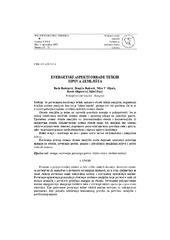Приказ основних података о документу
Energetic aspects of heavy marsh soil tillage
Energetski aspekti obrade teških tipova zemljišta
| dc.creator | Radojević, Rade | |
| dc.creator | Raičević, Dragiša | |
| dc.creator | Oljača, Mićo V. | |
| dc.creator | Gligorević, Kosta | |
| dc.creator | Pajić, Miloš | |
| dc.date.accessioned | 2020-12-17T19:00:02Z | |
| dc.date.available | 2020-12-17T19:00:02Z | |
| dc.date.issued | 2007 | |
| dc.identifier.issn | 0554-5587 | |
| dc.identifier.uri | http://aspace.agrif.bg.ac.rs/handle/123456789/1481 | |
| dc.description.abstract | With the increase of the use of heavy machinery in heavy marsh soil tillage, the degradation of soil physical conditions like the formation of a hardpan is becoming a problem. To improve such conditions, the effects of different tillage systems were investigated. The soil tillage is one of the greatest energy consumers in agriculture, and that is the reason why an experiment with different tillage systems and their influence on fuel consumption was carried. The compared tillage systems were the conventional tillage and the conservation or reduced tillage. Conservation tillage systems can be an important part of a sustainable agricultural system providing benefits for the farmers in terms of labor and fuel consumption; however, yield variability may discourage and slow adoption. Effects of ploughing and subsoiling treatment on growth and yield of crops depended on the weather and soil condition. Using the right tillage system may contribute to raised the energy demand for cultivation, increase profit, crop yields, soil improvement and protection of water resources. | en |
| dc.description.abstract | Sa povećanjem korišćenja teških mašina u obradi teških zemljišta, degradacija fizičkih osobina zemljišta, kao što je "taban brazde", postaje sve veći problem. Da bi se ti uslovi poboljšali ispitani su efekti različitih sistema obrade. Obrada zemljišta je jedan od najvećih potrošača energije u poljoprivredi, što je razlog istraživanja različitih sistema obrade i njihovog uticaja na potrošnju goriva. Upoređeni sistemi obrade zemljišta su: konvencionalna obrada i konzervacijska ili redukovana obrada. Konzervacijski sistemi obrade mogu biti značajan deo sistema održive poljoprivrede, donoseći pogodnosti proizvođačima kroz potrošnju rada i goriva, iako varijabilnost prinosa može obeshrabriti i usporiti njihovo korišćenje. Efekti oranja i razrivanja na rast i prinos useva zavise od klimatskih i zemljišnih uslova. Korišćenje pravog sistema obrade zemljišta može doprineti smanjenju potrošnje energije za obradu, povećanju profita, prinosa i poboljšanju zemljišnih uslova i zaštiti vodenih resursa. | sr |
| dc.publisher | Univerzitet u Beogradu - Poljoprivredni fakultet - Institut za poljoprivrednu tehniku, Beograd | |
| dc.rights | openAccess | |
| dc.source | Poljoprivredna tehnika | |
| dc.subject | ploughing | en |
| dc.subject | subsoiling | en |
| dc.subject | fuel consumption | en |
| dc.subject | marsh soil | en |
| dc.subject | wheel tractors | en |
| dc.subject | oranje | sr |
| dc.subject | razrivanje | sr |
| dc.subject | potrošnja goriva | sr |
| dc.subject | ritska crnica | sr |
| dc.subject | traktori točkaši | sr |
| dc.title | Energetic aspects of heavy marsh soil tillage | en |
| dc.title | Energetski aspekti obrade teških tipova zemljišta | sr |
| dc.type | article | |
| dc.rights.license | ARR | |
| dc.citation.epage | 32 | |
| dc.citation.issue | 3 | |
| dc.citation.other | 32(3): 25-32 | |
| dc.citation.spage | 25 | |
| dc.citation.volume | 32 | |
| dc.identifier.fulltext | http://aspace.agrif.bg.ac.rs/bitstream/id/421/1478.pdf | |
| dc.identifier.rcub | https://hdl.handle.net/21.15107/rcub_agrospace_1481 | |
| dc.type.version | publishedVersion |


